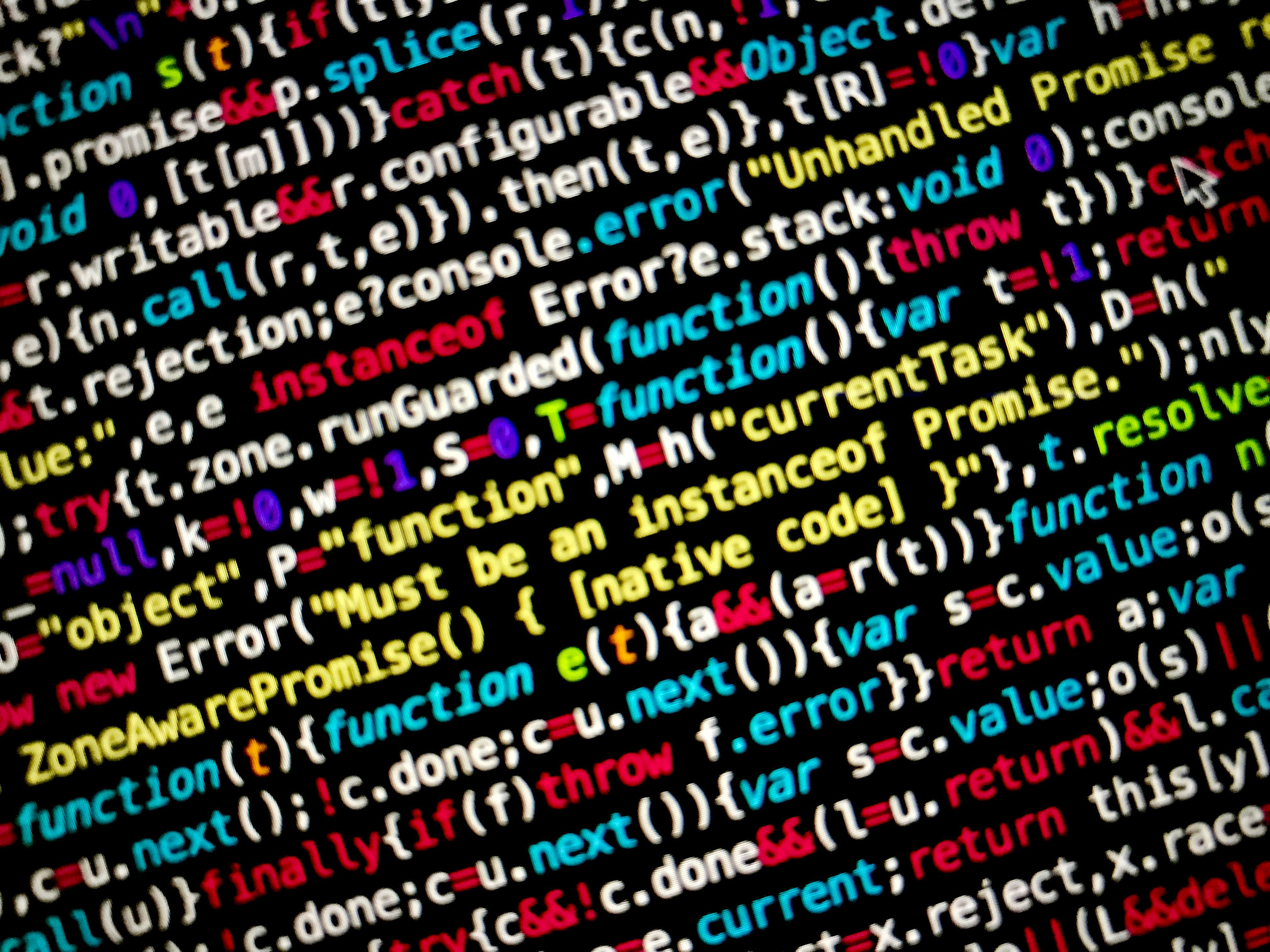Bangladesh's former Prime Minister Sheikh Hasina's political party prohibited from participating in the election; party registration temporarily suspended
Upheaval in Bangladesh: Election Commission Suspends Hasina's Awami League
Get ready for some political drama in Bangladesh! The Election Commission has suspended the registration of the Awami League, led by former prime minister Sheikh Hasina, essentially preventing them from contesting the next national elections.
This move comes after the interim government, spearheaded by Nobel laureate Muhammad Yunus, enforced a ban on the Awami League's activities under the Anti-Terrorism Act following days of protests. The government based its decision on national security threats and the ongoing investigation of the party's top brass over the deaths of hundreds of protesters.
"With the home ministry's ban on all activities of the Awami League and its affiliates, the Election Commission has decided to suspend the party's registration," shared Election Commission Secretary Akhtar Ahmed to the press.
As you may know, Bangladesh's electoral laws require a political party to register with the Election Commission to participate in national polls. The suspension effectively disqualifies the Awami League, which governed the country for over 20 years, from future elections unless the ban is lifted and registration is restored.
In addition, the Election Commission has issued a directive forbidding the party from conducting any political activities, such as publications, media appearances, online campaigns, and public gatherings until the International Crimes Tribunal concludes its proceedings.
Hasina, hailed for boosting the economy but accused of human rights abuses and quashing dissent, triumphantly clinched a fourth consecutive term in 2024. However, the election was boycotted by the main opposition whose top leaders were either imprisoned or in exile.
Lately, Bangladesh has been home to escalating tensions, protests, and even deadly clashes since July. In August 2024, protests forced Hasina to seek refuge in India, giving rise to an interim government led by Yunus. Yunus has vowed reforms but has announced that national elections may be delayed until 2026, and he has no interest in contesting them.
Political parties, including former prime minister Khaleda Zia's Bangladesh Nationalist Party and the National Citizen Party, an emerging student-driven force, are demanding immediate elections and a return to democratic governance. They also desire reforms before holding the polls.
The turmoil in Bangladesh has provoked reactions from the international community, with India expressing concern over the ban and advocating for free, fair, and democratic elections. However, the international response has been muted overall.
The ban on the Awami League may lead to a more diverse political landscape or deepen political polarization and threaten democratic institutions. Furthermore, the situation's regional implications, such as South Asian geopolitics and India's relations with emerging regional players, remain significant. The political future of Bangladesh is uncertain, with elections expected as early as December or by June 2026 at the latest. Key decisions made by both local and international actors will shape the path of democracy and stability in Bangladesh and the South Asian region.
Note: The current political climate in Bangladesh is characterized by intense turmoil following the Election Commission's suspension of the Awami League's registration and the interim government's ban on its activities. Critics assert this move may endanger the country's democracy, while others see potential for greater pluralism.
Source: The Associated Press (AP), South Asia Monitor (SAM), and BBC News
- The suspension of the Awami League's registration by the Election Commission may lead to a return of interest in credit for opposing political parties, as they look forward to contesting the elections.
- The policy-and-legislation changes enforced by the interim government, such as the ban on the Awami League, are likely to reshape the position of major political players in the upcoming elections and general news.
- In the light of the ongoing war-and-conflicts, the recent credit ban on the Awami League may pave the way for crime-and-justice issues to surface more prominently in the political arena.
- As political parties call for immediate elections and democratic governance, the ongoing ban on the Awami League could also stimulate discussions on policy-and-legislation reforms, provoking more debates in political forums and establishing new positions within the politics of Bangladesh.







